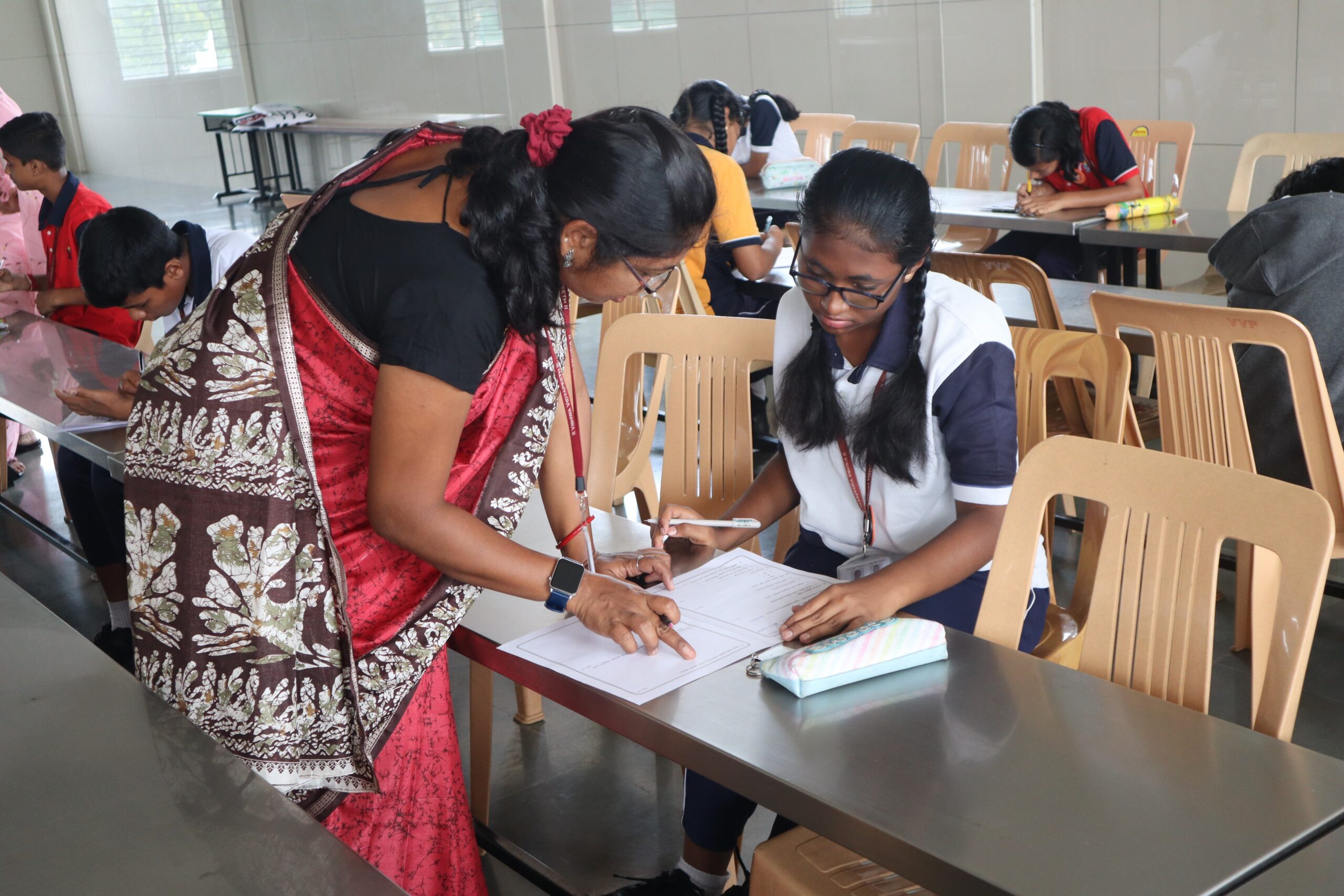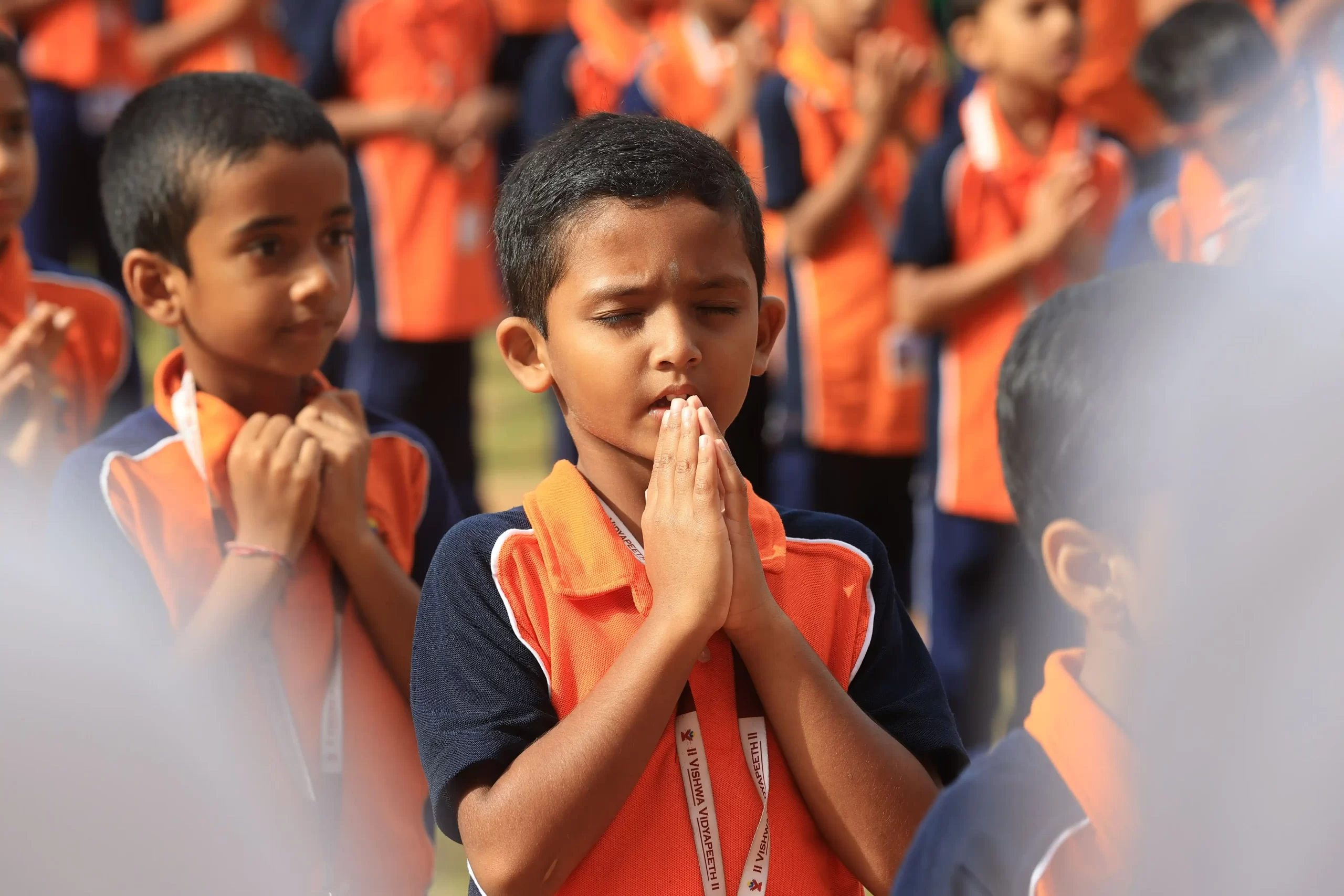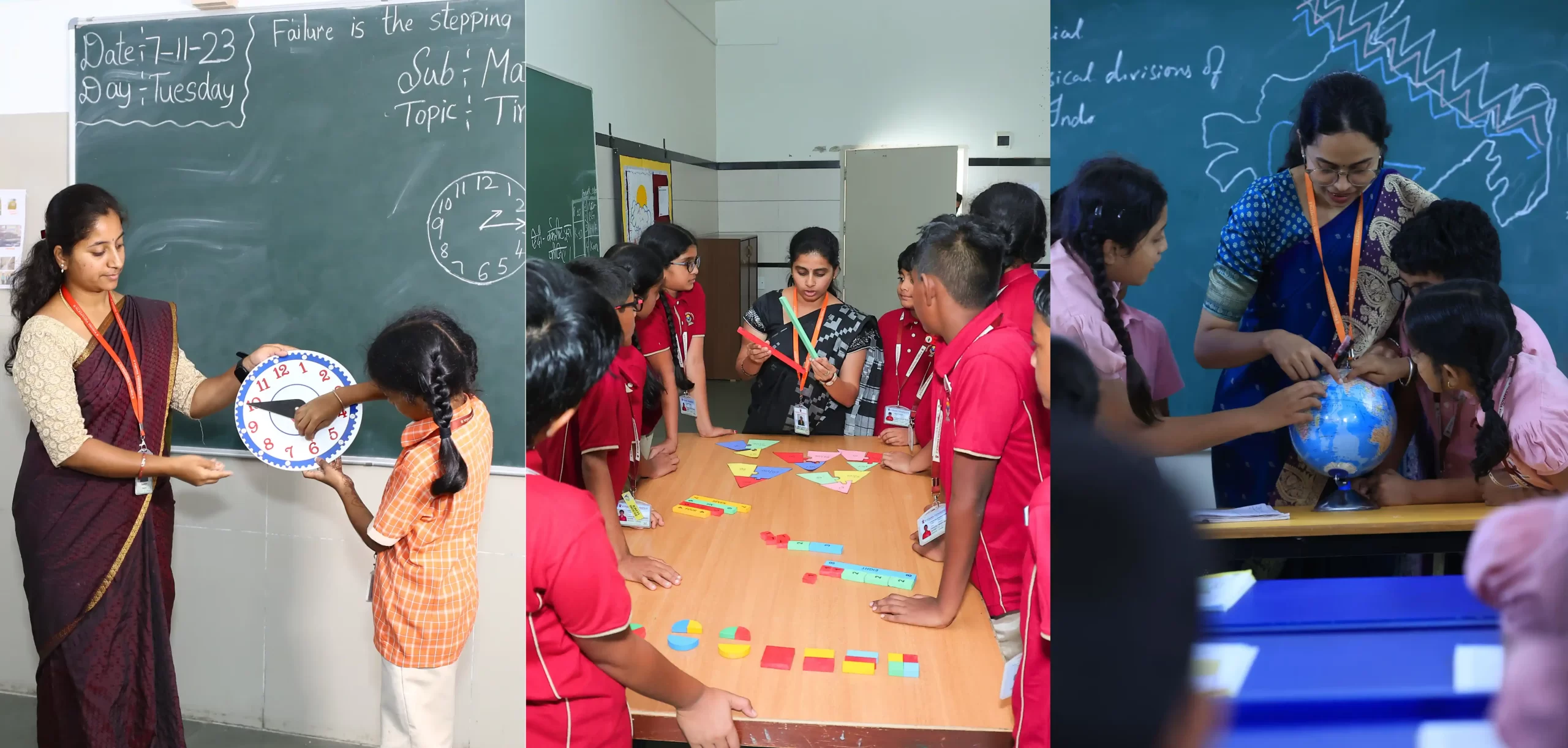In today’s rapidly progressing and cut-edge world, students are facing a wide range of stress-related issues. These can range from mundane hassles to meeting competitive demands.
With educational requirements becoming increasingly stringent across all levels, students are experiencing considerable stress. This is also affecting their performance on tests, participation in classes, along with their overall well-being. It is therefore becoming vital to implement effective stress management techniques that work for the students.
While students are achieving academic success, their mental health often takes a back seat. Stress and stress-related issues including weight loss, anxiety, obesity, migraines, and gastrointestinal problems are on the rise. It is also affecting their emotion, mood, and behavior. As educators and teachers, it is our responsibility to create a learning environment that is stress-free and enables the students to have a balance in academics and extracurricular activities.

यो बुद्धिमान्प्रयच्छति विद्यां तत्सर्वं जयति।
तस्माद्विद्याधनं सर्वधनप्रधानमिष्यते॥
One who seeks knowledge with intelligence conquers all. Therefore, the wealth of knowledge is considered the foremost among all forms of wealth.
This shloka underscores the power of knowledge, stating that an intelligent person who imparts wisdom conquers all challenges. As a result, knowledge is considered the foremost and essential form of wealth, highlighting its transformative and influential role in achieving success and overcoming obstacles.
Some common Stressors in Students
Common stressors that are triggering unpleasant responses in students are as follows:
- Adjustments to a new environment
- Academic requirements and demands of studies, such as assignment deadlines and increasing workload
- Lack of a support system
- Ineffective coping skills
- Extended commute time
Listed below are some methods students can incorporate into their daily routine to reduce stress and stay productive
Completing the task first that is the most difficult
Students can begin by tackling harder projects or tasks before moving on to easier tasks. When they will work towards completing a difficult project like completing an assignment deadline or preparing for a debate, it will help take off the excess weight and makes them feel motivated to finish other tasks at hand.
Make a to-do list or follow a set schedule
Making a to-do list is one of the simplest ways to stay organized and complete tasks efficiently. They can start by breaking down their revision and projects into similar pieces. This will help in completing a few of the tasks earlier than initially planned which will make them feel accomplished and less stressed.
Staying away from distractions
The best way to stay productive and focused is to turn off all distractions. Switch off the TV and find a comfortable place to study. Staying away from distractions will not only help in staying focused but will also free up time for other activities such as playing or spending time with family.
Having a support network
Having someone as a support network or a counselor whom they can talk to and trust, helps in creating a buffer against stress. Trusted relationships with teachers and school counselors, provide a valuable source of information and academic resources that can help in combating stress while preparing for an exam. Vishwa Vidyapeeth group of schools provides the best techniques to reduce stress and increase productivity, which made us the Top schools Yelahanka New Town 2023 Bengaluru.
The role of teachers in reducing stress in students
The role of a teacher does not just end at teaching. They need to look after the overall growth and well-being of a child. They must teach students about stress and ways to identify stress triggers. Here are a few techniques that teachers can incorporate into their everyday activities with students to help them cope with stress:
The role of teachers in reducing stress in students
The role of a teacher does not just end at teaching. They need to look after the overall growth and well-being of a child. They must teach students about stress and ways to identify stress triggers. Here are a few techniques that teachers can incorporate into their everyday activities with students to help them cope with stress:
1.Teaching mindfulness
Teachers can help students reduce the bad effects of stress through mindfulness activities. Mindfulness is a simple way of being aware of one’s thoughts, feelings, and body and how they can impact their actions. This has been proven to help students recognize stress triggers and changes within their bodies.
2. Creating a safe and positive learning environment
A safe and positive learning environment makes students feel less overwhelmed and at ease. Students often look for a person who can help them navigate through difficult situations. Lack of open communication or constant neglect leads to poor performance and high-stress levels that can make them act in difficult and negative ways.
3. Using games as a way of teaching
Games are a fun and interesting way to teach students emotional and social skills like self-management and communication. These life skills can equip them to work through stress. Spend some time during the day to give all students a chance to do some calming activities such as puzzles or painting.
Helping students find ways to manage their stress and be more productive is a useful skill that they will require throughout their lives. Vishwa Vidyapeeth promotes unique teaching methods such as personalized teaching, holistic learning, and teaching life skills along with a future-ready curriculum that makes learning fun.
If you are looking for a pre-primary school in Yelahanka or Varthur, Vishwa Vidyapeeth School will help your child build a successful future. Go ahead and apply for admission now at Vishwa Vidyapeeth, the Best school in Bangalore.




